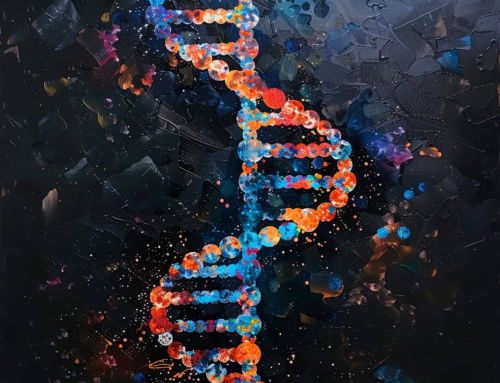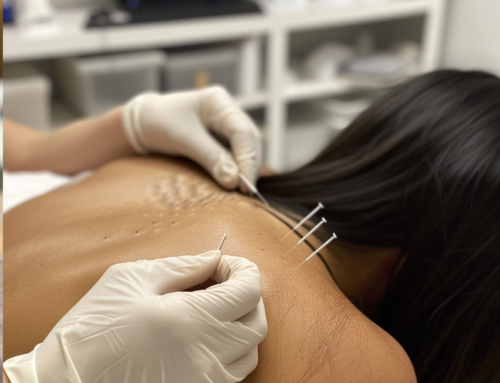Research suggests that Vitamin B3, in the form of nicotinamide, plays a crucial role in dermatology. Nicotinamide, a water-soluble B3 derivative, has multifaceted functions in medicine. Its effectiveness in preventing skin cancer and photoaging is a subject of growing interest.
Ultraviolet radiation (UV) poses a significant risk in skin cancer development. Nicotinamide steps in by preventing UV from reducing ATP levels and inhibiting glycolysis, thwarting the UV-induced energy crisis. This not only enhances DNA repair but also reduces UV-induced suppression of immunity, offering a protective shield against the harmful effects of sun exposure.
Clinical trials employing a randomized controlled approach have reinforced the positive impact of nicotinamide. Results indicate a reduction in transepidermal water loss and the development of new non-melanoma skin cancers in high-risk individuals. This promising evidence underscores the potential of Vitamin B3 as a preventive measure.
While embracing nicotinamide as a supplement may offer a level of protection, it’s crucial to acknowledge that it’s not a substitute for regular skin cancer checks conducted by a medical professional. Vigilance and routine screenings remain paramount in early detection and management.
In conclusion, Vitamin B3, particularly in the form of nicotinamide, emerges as a promising avenue in the prevention of skin cancer. Its multifaceted actions, from DNA repair enhancement to immunity support, mark it as a valuable player in dermatological health. However, it should complement rather than replace regular medical check-ups for a comprehensive approach to skin cancer prevention.
References:
Snaidr VA, Damian DL, Halliday GM. Nicotinamide for photoprotection and skin cancer chemoprevention: A review of efficacy and safety. Exp Dermatol. 2019 Feb;28.
Chen AC, Damian DL. Nicotinamide and the skin. Australas J Dermatol. 2014 Aug;55(3):169-75. doi: 10.1111/ajd.12163. Epub 2014 Mar 17. PMID: 24635573.








Leave A Comment